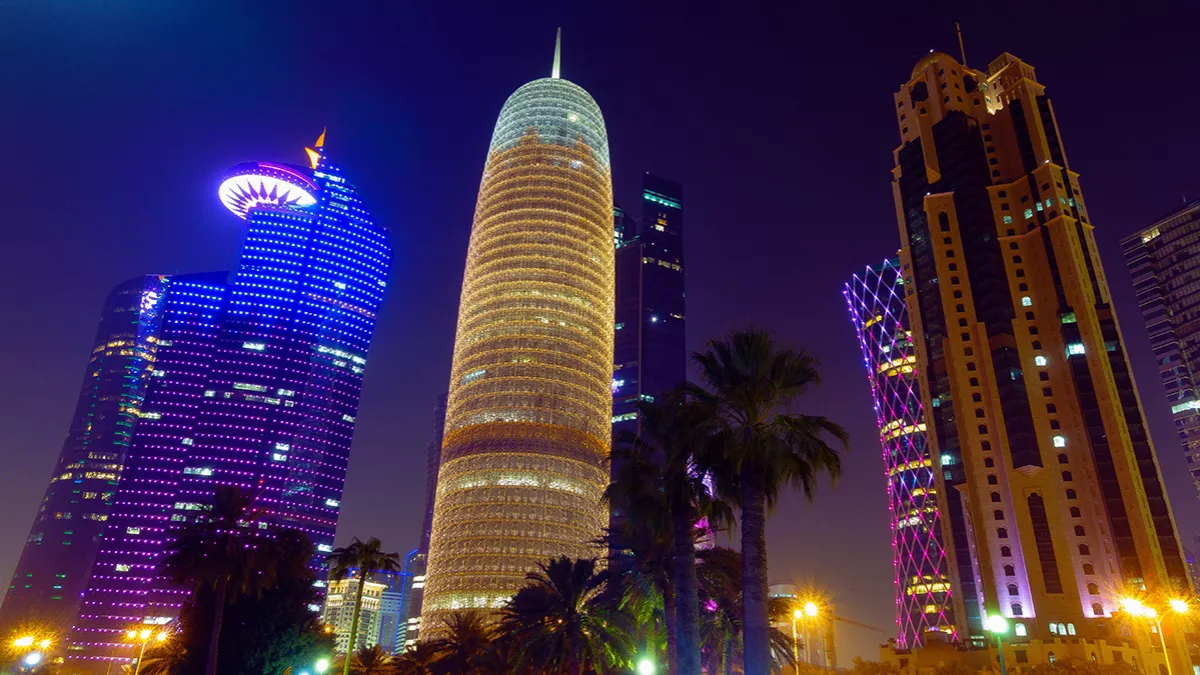Qatar Ministry of Municipality has made significant progress in waste recycling and utilisation
29 Sep 2023
News
Recycling and sustainability are two of the most crucial methods to safeguard the environment, according to Eng. Hamad Jassim Al Bahr, director of the ministry's Waste Recycling and Treatment Department, who spoke to Qatar News Agency (QNA). He stressed the importance of recycling and how Qatar has made it easier through a variety of technologies and solutions that help preserve the environment, reduce pollution, save resources and energy, reduce consumption, and increase industrial process efficiency. He said that Qatar's achievement of a 100% recycling rate was an important milestone and the first time this rate was achieved in the history of FIFA World Cups. He was speaking about Qatar's accomplishment in recycling all garbage produced during the FIFA World Cup Qatar 2022.
Al Bahr emphasised the significance of the Mesaieed waste management plant, which started operations in 2011, in highlighting Qatar's environmental sustainability initiatives. This facility, which has a daily capacity of 2,300 tonnes and occupies a space of 3 square kilometres, is one of the largest specialist waste management facilities in the Middle East. The facility has been effective in converting garbage into energy, and in 2020 it will produce around 269,000 megawatts of electricity, part of which will be utilised for internal operations and the remainder will be delivered to the national grid. They regularly keep an eye on project activities connected to climate change in keeping with Qatar's commitment to the highest environmental sustainability standards.
The overall number of new projects subject to environmental impact assessment climbed from 2,428 projects in 2021 to 2,676 projects in 2022, according to statistics from the Planning and Statistics Authority, suggesting a rising environmental concern alongside developmental advancement. 572 big projects, 1,433 small and medium-sized projects, and 671 industrial projects were among the projects that were submitted to examination in the previous year.
Additionally, according to the research, 99.8% of treated wastewater in 2022 will adhere to environmental criteria. According to environmental data, Qatar has 27 sewage treatment facilities, with a 3% annual growth rate from 2014 to 2020. In 2020, the design capacity of these units was 1,022 cubic metres per day. Between 2014 and 2020, there was a 6% yearly growth rate in the processing capacity of sewage treatment facilities in comparison to the previous years.
In 2020, these facilities will collect 291 million cubic metres of sewage water annually, of which 285 million cubic metres will be processed, accounting for 98% of all sewage water. A total of 76.13 million cubic metres of treated wastewater were utilised annually for irrigation of agriculture. A total of 50.60 million cubic metres of treated wastewater are put into subterranean reservoirs each year, and an additional 113.34 million cubic metres are utilised to irrigate landscaping.
The environment benefits from wastewater collection, treatment, and the availability of the necessary infrastructure, including the preservation of biodiversity affected by wastewater pollutants, the reduction of nutrient runoff into coastal waters, and a consequent decrease in coastal water pollution.
